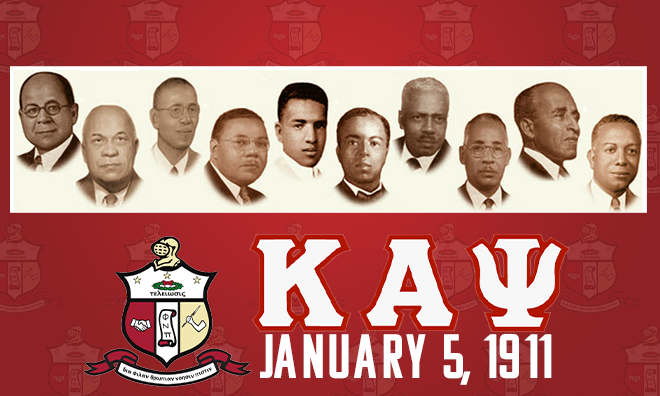

We must have changed clothes 4 or 5 times that day. We put so much effort into that day, from making sure we had coordinated outfits that would look appropriate on all of us to putting on a show for our MIT black community. My most treasured memory is the day we finally 'went over'.

I am not sure if I realized that when I became soror of Alpha Kappa Alpha it was a lifetime gift enabling me to always find connections with women like me and securing us a small space in the MIT history book. I can remember those monthly bake sales in the Great Hall, retreats sponsored by Dean Hope, rush teas in the Green and Brown living rooms in McCormick Hall, our Holiday Soiree in the Student Center and parties in Walker Memorial. When I recall my experiences at MIT it is synonymous with Lambda Upsilon, perhaps because it was part of my college life for the entire four years. From the core group of nine at Howard, AKA has grown into a force of more than 290,000 collegiate members and alumnae, constituting 997 chapters in 42 states, the District of Columbia, the US Virgin Islands, the Bahamas, Germany, Liberia, South Korea, Japan, Canada, South Africa and the Middle East.īecause they believed that Negro college women represented “the highest-more education, more enlightenment, and more of almost everything that the great mass of Negroes never had" - Hedgeman and her cohorts worked to honor what she called “an everlasting debt to raise them (Negroes) up and to make them better.” For more than a century, the Alpha Kappa Alpha Sisterhood has fulfilled that obligation by becoming an indomitable force for good in their communities, state, nation, and the world.Īlpha Kappa Alpha Sorority, Incorporated (AKA) Together with eight other coeds at the mecca for Negro education, Hedgeman crafted a design that not only fostered interaction, stimulation, and ethical growth among members but also provided hope for the masses. Five years later (1913), lead incorporator Nellie Quander ensured Alpha Kappa Alpha’s perpetuity through incorporation in the District of Columbia. In 1908, her vision crystallized as Alpha Kappa Alpha, the first Negro Greek-letter sorority. Confined to what she called “a small circumscribed life” in the segregated and male-dominated milieu that characterized the early 1900s, Howard University co-ed Ethel Hedgeman dreamed of creating a support network for women with like minds coming together for mutual uplift, and coalescing their talents and strengths for the benefit of others.


 0 kommentar(er)
0 kommentar(er)
